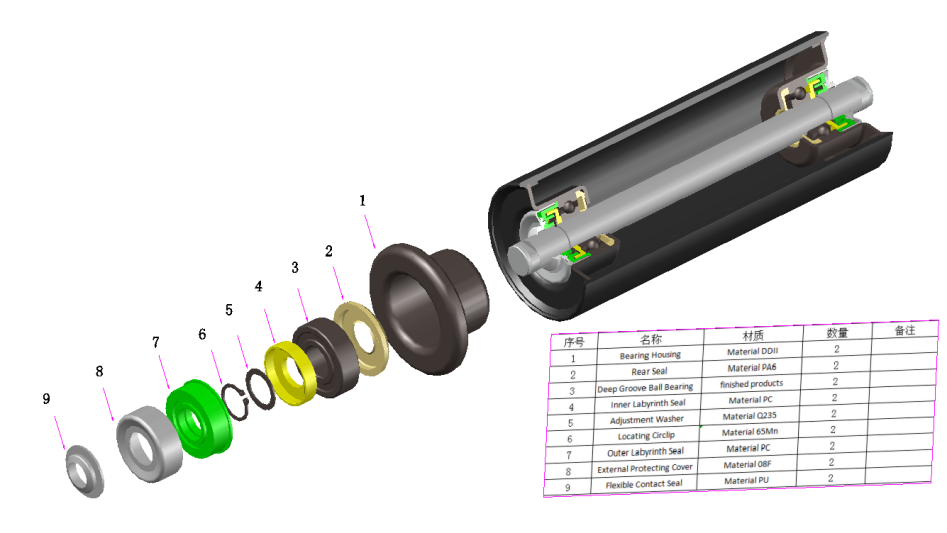 Afrikaans
Afrikaans  Albanian
Albanian  Amharic
Amharic  Arabic
Arabic  Armenian
Armenian  Azerbaijani
Azerbaijani  Basque
Basque  Belarusian
Belarusian  Bengali
Bengali  Bosnian
Bosnian  Bulgarian
Bulgarian  Catalan
Catalan  Cebuano
Cebuano  Corsican
Corsican  Croatian
Croatian  Czech
Czech  Danish
Danish  Dutch
Dutch  English
English  Esperanto
Esperanto  Estonian
Estonian  Finnish
Finnish  French
French  Frisian
Frisian  Galician
Galician  Georgian
Georgian  German
German  Greek
Greek  Gujarati
Gujarati  Haitian Creole
Haitian Creole  hausa
hausa  hawaiian
hawaiian  Hebrew
Hebrew  Hindi
Hindi  Miao
Miao  Hungarian
Hungarian  Icelandic
Icelandic  igbo
igbo  Indonesian
Indonesian  irish
irish  Italian
Italian  Japanese
Japanese  Javanese
Javanese  Kannada
Kannada  kazakh
kazakh  Khmer
Khmer  Rwandese
Rwandese  Korean
Korean  Kurdish
Kurdish  Kyrgyz
Kyrgyz  Lao
Lao  Latin
Latin  Latvian
Latvian  Lithuanian
Lithuanian  Luxembourgish
Luxembourgish  Macedonian
Macedonian  Malgashi
Malgashi  Malay
Malay  Malayalam
Malayalam  Maltese
Maltese  Maori
Maori  Marathi
Marathi  Mongolian
Mongolian  Myanmar
Myanmar  Nepali
Nepali  Norwegian
Norwegian  Norwegian
Norwegian  Occitan
Occitan  Pashto
Pashto  Persian
Persian  Polish
Polish  Portuguese
Portuguese  Punjabi
Punjabi  Romanian
Romanian  Russian
Russian  Samoan
Samoan  Scottish Gaelic
Scottish Gaelic  Serbian
Serbian  Sesotho
Sesotho  Shona
Shona  Sindhi
Sindhi  Sinhala
Sinhala  Slovak
Slovak  Slovenian
Slovenian  Somali
Somali  Spanish
Spanish  Sundanese
Sundanese  Swahili
Swahili  Swedish
Swedish  Tagalog
Tagalog  Tajik
Tajik  Tamil
Tamil  Tatar
Tatar  Telugu
Telugu  Thai
Thai  Turkish
Turkish  Turkmen
Turkmen  Ukrainian
Ukrainian  Urdu
Urdu  Uighur
Uighur  Uzbek
Uzbek  Vietnamese
Vietnamese  Welsh
Welsh  Bantu
Bantu  Yiddish
Yiddish  Yoruba
Yoruba  Zulu
Zulu Exploring the Benefits and Applications of Plastic Rollers in Various Industries
The Versatility and Importance of Plastic Rollers
Plastic rollers are essential components in various industries and applications, offering a blend of durability, lightweight design, and versatility. Whether used in manufacturing, packaging, or even in household tasks, the role of plastic rollers is often underestimated, yet they play a crucial part in enhancing efficiency and effectiveness in operations.
One of the primary advantages of plastic rollers is their lightweight nature. Unlike metal or heavier materials, which can increase the overall weight of machinery and products, plastic offers a solution that reduces weight without compromising strength. This characteristic is particularly valuable in industries where manual handling is a reality. Workers can maneuver and operate equipment more efficiently when the components involved are lighter, thus reducing fatigue and the risk of injuries.
Moreover, plastic rollers are often designed to resist corrosion and rust, making them an ideal choice for environments that involve moisture or chemicals. For instance, in the food processing industry, where hygiene and cleanliness are paramount, using plastic rollers minimizes the risk of contamination. Being non-corrosive, these rollers can withstand cleaning processes without degrading, thus ensuring longevity and reliability.
In addition to being lightweight and resistant to corrosion, plastic rollers also offer flexibility in terms of customization. They can be produced in various sizes, materials, and colors to meet specific industry requirements and standards. For example, companies in the textile or printing industry may require rollers with specific surface textures to achieve the desired finish on their products. Plastic rollers can be engineered to accommodate these diverse needs, providing tailored solutions that enhance productivity and output quality.
plastic roller

The manufacturing process of plastic rollers also plays a significant role in their appeal. Advanced techniques such as injection molding allow for precise production, ensuring consistency in quality and performance. This level of precision is crucial, as even slight variations in roller dimensions can lead to inefficiencies in machinery operation. Manufacturers appreciate the high level of control over specifications that comes with producing plastic rollers, enabling them to maintain stringent quality assurance standards.
In terms of applications, plastic rollers are found in numerous settings. In the packaging industry, they facilitate the smooth movement of items along conveyor belts, ensuring that products are efficiently transported through various stages of production and distribution. In logistics, plastic rollers support the safe handling of goods, making loading and unloading processes quicker and safer. Even in everyday household items—such as printers, furniture, and appliances—plastic rollers enhance user experience by enabling easy movement and functionality.
Environmental sustainability is another critical aspect of the growing reliance on plastic rollers. Many manufacturers are now producing rollers using recycled plastics or bioplastics, which further diminishes the environmental impact of production. The ability to recycle plastic rollers at the end of their life cycle also contributes to sustainable practices in various industries, aligning with global efforts to reduce waste and promote eco-friendly solutions.
In conclusion, plastic rollers are integral to the smooth operation of many processes across diverse industries. Their lightweight design, resistance to corrosion, customization options, and role in enhancing efficiency make them indispensable components in modern manufacturing and logistics. As industries continue to evolve, the innovation in plastic roller technology will likely keep pace, providing even more efficient and sustainable solutions. By recognizing and appreciating the importance of plastic rollers, businesses can optimize their operations and contribute to a more sustainable future in manufacturing and beyond.
-
Revolutionizing Conveyor Reliability with Advanced Rubber Lagging PulleysNewsJul.22,2025
-
Powering Precision and Durability with Expert Manufacturers of Conveyor ComponentsNewsJul.22,2025
-
Optimizing Conveyor Systems with Advanced Conveyor AccessoriesNewsJul.22,2025
-
Maximize Conveyor Efficiency with Quality Conveyor Idler PulleysNewsJul.22,2025
-
Future-Proof Your Conveyor System with High-Performance Polyurethane RollerNewsJul.22,2025
-
Driving Efficiency Forward with Quality Idlers and RollersNewsJul.22,2025





























